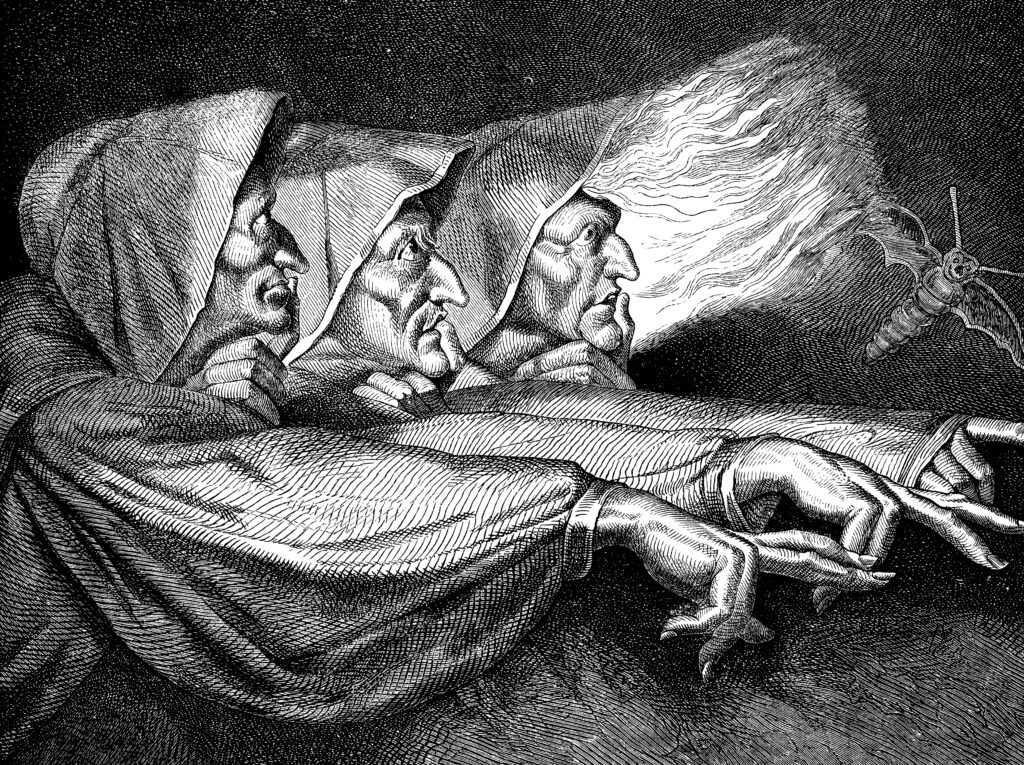Menopause / horrible histories

Why do we see menopause as being so toxic?
Have you ever wondered why menopause is such a dirty word? It's something that all women go through, and yet, even now, after all the campaigning and all the talk and the books and the TV programmes, there's still something slightly secretive about the topic.
When writing our book, Cracking the Menopause, Mariella Frostrup and I delved deep into the history of menopause, and what we discovered shocked us both.
You see, menopause has been written about by men and for men for the last few millennia. Official medical literature dating from the time of Aristotle has older women labelled as inferior and insane, and menopause has been reduced to an embarrassing historical footnote.
Take Aristotle, the revered Greek philosopher. Back in 300 BC he suggested that the reason why women have periods is that we are colder than men, as well as less active, so we need to get rid of excess blood. I think any woman would beg to disagree with this inaccuracy! Men were, on the other hand, perceived as perfect; their amazingly excellent temperature and the ideal amount of blood meant that they could make semen.
Moving up through the centuries, and because older women couldn't get rid of this excess blood they became filled up with poison. This was borne out in the 13th century by a chap called Albertus Magnus - also the patron saint of natural sciences. He suggested that older women were so chock full of venom that they were able to kill children with their eyes.
This feeling that 'older women = evil' was borne out in the Middle Ages when around 200,000 women in Western Europe were tortured or killed on suspicion of witchcraft. You were frankly fortunate to escape the ducking stool or the stake if you were opinionated and postmenopausal.
Throughout history there have been many women treating ailments and with excellent medical knowledge. Unfortunately, they rarely recorded their thoughts in any official capacity and their expertise is generally overlooked.
The word menopause was finally coined in 1821 by a French doctor, Louis de Gardanne. Now, as we reached the Victoria era, women were at least to be pitied, because menopause was an illness. The medics of the time said that we weren't filled with poison. We were just insane, ugly, and mad with lust for the opposite sex.
Menopause was an illness and this is a time when 'cures' were suggested. To be honest, these were so horrendous that you'd be tempted to say that you were just fine.
For example, a doctor called Edward Tilt recommended that leeches be applied to the anus, the perineum and - inexplicably - the ears. He also felt that women should be chloroformed to the point of unconsciousness. Tilt suggested that this was to ease our 'paroxysms'. A 21st Century view would be that he was trying to shut us up.
In the 1960s menopause was very much acknowledged, but mostly insofar as it was annoying for men, as women became less attractive and a bit argumentative. I read a book by an esteemed American doctor called Robert A Wilson who described menopausal women as 'castrates'.
This brings us rather neatly to the present day. We're finally acknowledging that menopause is a phase of life, rather like puberty, and that women might - thanks everso - need a bit of support.
But the history of menopause does explain how it has come to be perceived today, and why there's still a, 'ssh, it's embarrassing,' vibe to the whole thing.
Progress is positive, but there's much room for improvement. There need to be laws concerning menopause and work. Menopause should be part of every over-40 health check and a mandatory part of the GP curriculum. In addition, all women need education about and access to HRT as well as other ways of supporting their bodies during this transition. Until then, the toxic legacy of menopause still endures.

Stay up to date with the latest menopause news by signing up to our mailing list
Newsletter Sign-up (popup)
Stay up to date with the latest menopause news